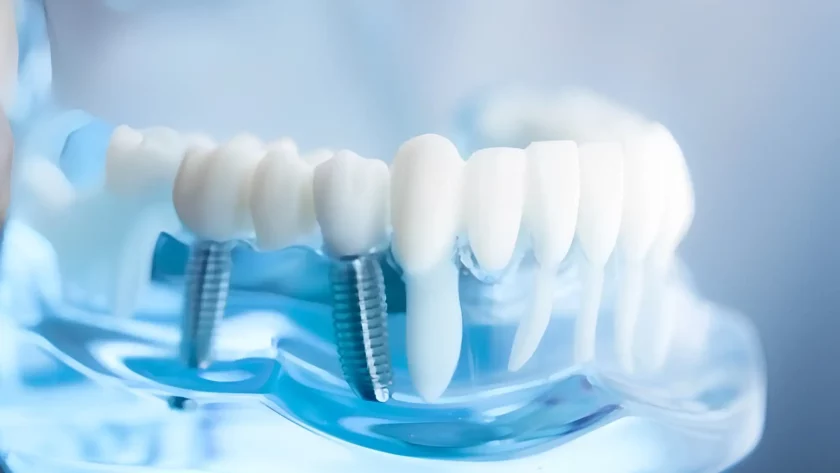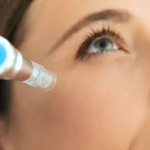When looking for dental implants, you’ll want to know what to expect. The procedure can be a complex process, but there are steps you can take to prepare yourself and make your experience as smooth as possible.
Preparation for the Procedure
Preparation for a dental implant procedure is essential, as it helps ensure a safe and smooth operation. The practice involves several things, including undergoing a comprehensive exam and reviewing medical records.
A dental implant is an artificial tooth root inserted into the jawbone. The implant can be used to replace a single tooth or multiple teeth. When placed correctly, the tooth is strong and looks and functions like a natural tooth.
Before the procedure, the dentist in all on 4 Austin will perform a comprehensive examination to assess the mouth’s condition. This includes taking x-rays and visual tests. They may also conduct a CT scan or cast to determine the quality of the bone.
Dental implants are made of titanium combined with the jaw bone. In addition to a replacement tooth, dental implants can be used to support a bridge or other fixed teeth.
Several preparations for a dental implant surgery are necessary, ranging from a thorough physical assessment to anesthesia. Some patients require IV sedation, while others have oral sedation.
Preparation for the Surgery
If you’re considering getting dental implants, you must take some steps to prepare for your surgery. You’ll need to be sure to follow the proper procedures for the procedure to be successful.
The first step in preparation for dental implant surgery is to have a thorough oral health exam. Your doctor will check for any medical conditions that may impact your oral health and the success of the surgery.
Dental implants are artificial teeth made of titanium screws and an abutment. They can replace missing teeth and help to fill gaps left by tooth loss. When you have the procedure, your dentist will create an opening in your gums and place the titanium screw into the space.
For the first two days after your surgery, you’ll need to rest and take care of your oral cavity. During this time, you’ll likely experience swelling and a tender mouth. To ease the pain, your Austin periodontist will recommend using an ice pack on the area.
During the Procedure
To be successful, a dental implant procedure must be carried out correctly. This requires a thorough assessment of the jawbone and other structures in the mouth. The patient should also be aware of the possible risks involved.
Dental implants can last a lifetime. Patients can recover from the procedure at home. If they follow post-op instructions, their recovery will be faster and easier. It is essential to keep the mouth clean and free from debris.
An implant may cause slight pain and swell in the gums. However, painkillers are available for over-the-counter use. Patients can also visit their dentist to monitor the healing process. They may also be prescribed antibiotics to prevent infection.
Dental implants are a good choice for patients who have missing teeth. Before the surgery, the dentist will examine the teeth and gums, take X-rays, and discuss the advantages and disadvantages of the surgery. A dentist will create a customized treatment plan.
The surgeon will make an incision in the gums during the procedure to expose the bone. Using an implant drill, he will screw the implant into the bone. He may also place a slight extension over the implant.
After the Procedure
When it comes to dental implants, following a few post-procedure tips is essential to keep your new teeth healthy. Your dentist can provide you with the necessary guidance during your recovery.
Dental implant patients should stay away from extreme temperatures. Extreme cold and hot foods can irritate the surgical site. It is also important to eat soft, nutritious foods.
If you are taking pain medications, it is best to take them as directed. A dentist can also provide you with an antibacterial mouthwash to prevent the spread of harmful bacteria.
During the first week, you will need to avoid strenuous activities. You may also experience some swelling. This will reduce in a couple of days.
Immediately after the surgery, eating soft, nutritious foods is advisable. Avoid chewing on hard food, drinking coffee, and using mouthwash. Drink plenty of water.
The dentist may also give you antibiotics to help prevent infection. Tobacco products should be avoided for 72 hours.






